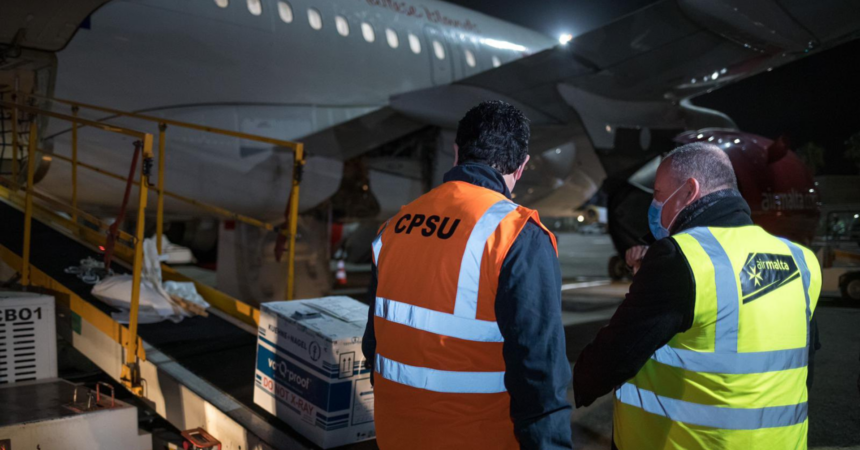The Central Procurement Supplies Unit (CPSU) misled a patient needing specific diabetic medications by claiming they could not be sourced despite never contacting the supplier, according to a report by the Ombudsman Commissioner for Health.
The patient was made to wait a year before receiving the required brand-name insulin, despite intervention from the Commissioner and the risk of adverse complications in its absence.
The Commissioner noted that the existing system for the procurement and supply of medicine showed “bureaucracy at its best”, with “a conflict” between the CPSU, the Superintendent for Public Health, and the Medicines Authority.
He noted that additional regulations introduced by the CPSU were “hindering its operations to the detriment of patients”.
The patient required specific brand-name insulin after it was found that the offered generic alternatives produced adverse effects. The Exceptional Medicinal Treatment Committee (EMTC) approved the use of brand-name insulin in place of the generic alternatives. Still, the CPSU claimed that despite having “tried everything”, it could not be sourced.
When the brand was contacted by the commissioner’s office directly, it resulted that they had not been contacted by the CPSU, and that the medicine could have been supplied, with the supplier even asking whether it was required as “pens or vials”.
Constant hurdles
Despite identifying a supplier, the required medication could not be provided to the patient in need due to various additional hurdles. When ordering the medication, the CPSU objected to procurement through a named-patient basis, preferring an order through Article 20.
Article 20 of the 2003 Medicines Act specifies that medicinal products need marketing authorisation from the Licensing Authority. An order under this Article also meant that the Medicines Authority could only approve a three months supply of the required medicine, meaning “the patient would have to go through the bureaucratic procedure again after a short period of time”.
Issues arose even once the insulin was in Malta, as it was sent to the UK company’s local representative, which did not have the proper distribution licence. This meant that third parties needed to be involved in the delivery.
Another dispute arose when deciding who would pay the €118 charge the third-party transport company requested. In a move described as “nonsense” by the Commissioner, the CPSU wanted insulin to be returned and redelivered directly to its headquarters instead of the local representative. Fortunately, an unnamed person offered to pay for the charges out of pocket to avoid such delays.
Despite the Commissioner’s involvement in expediting the procurement of the required insulin, almost two months elapsed between the supplier being identified and the medicine being delivered to the patient in need.
The responsibility for the supply of medicines to the Maltese public is currently split between the CPSU, in charge of procurement, the Superintendent of Public Health, in charge of licensing, and the Medicines Authority, in charge of registration.
This system was criticised by the Commissioner for its inefficiency and bureaucracy. He urged the three authorities to streamline and simplify processes and for the CPSU, in particular, to adopt a “more client-oriented” approach.













Gvern Paxxut u Poplu Batut
Interesting – if you do not belong to a sizeable voter demographic, even your medical requirements are tossed aside.
I’m betting good money that this patient isn’t any way related to the Abelas, or the Muscats!
Any takers?
Spoilsports!